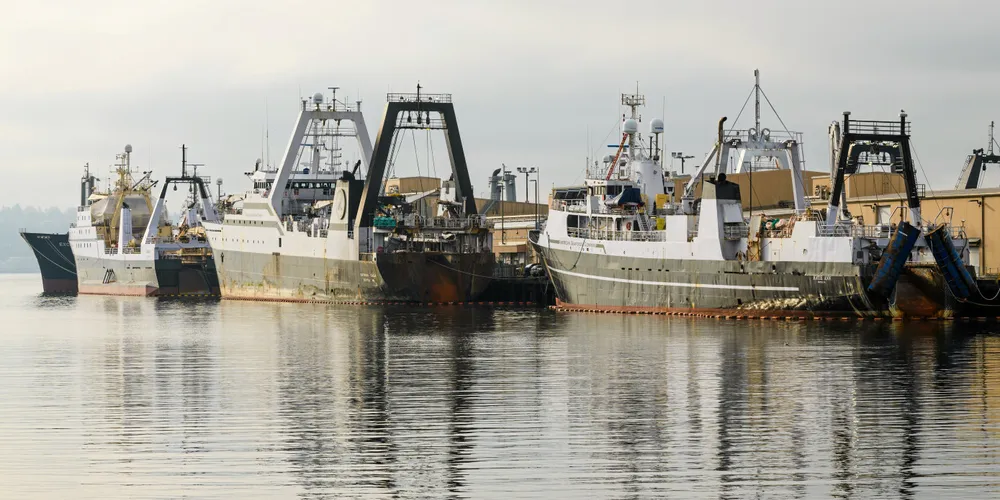Tribal organizations ask for emergency action on Alaska pollock industry's king salmon bycatch
Alaska salmon population declines have led to fishery closures, worsened user conflicts and food security impacts on Indigenous communities.

Alaska salmon population declines have led to fishery closures, worsened user conflicts and food security impacts on Indigenous communities.
